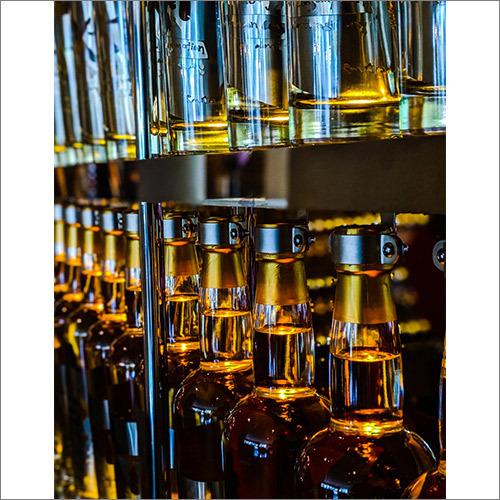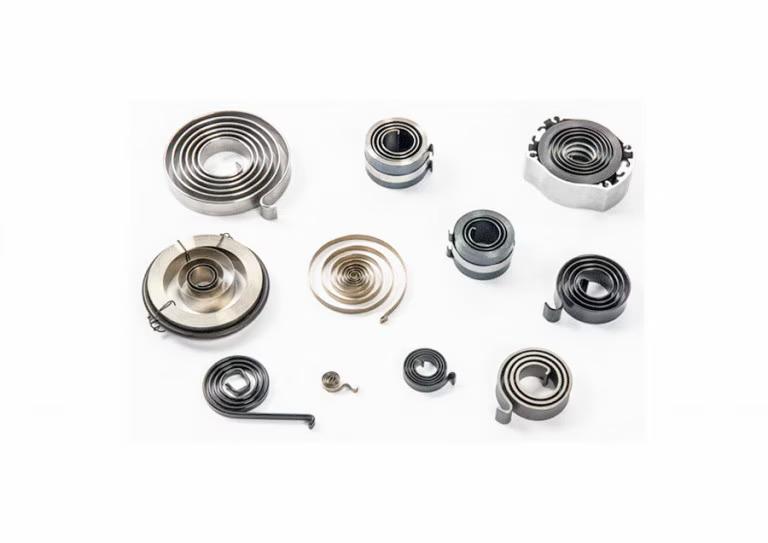Description
Distillery enzymes are a type of enzyme that is used in the production of distilled spirits, such as whiskey, rum, vodka, and gin. These enzymes are naturally occurring proteins that catalyze the breakdown of complex molecules into simpler compounds that can be more easily fermented by yeast and distilled into alcohol. There are several types of distillery enzymes that are commonly used in the distilling industry, including: Alpha-amylase enzymes: These enzymes break down complex carbohydrates, such as starch, into simpler sugars, such as glucose and maltose, which can be fermented by yeast. Glucoamylase enzymes: These enzymes break down complex carbohydrates, such as maltodextrins, into simpler sugars, such as glucose, which can be fermented by yeast. Protease enzymes: These enzymes break down proteins into smaller peptides and amino acids, which can provide nutrients for yeast during fermentation. Beta-glucanase enzymes: These enzymes break down beta-glucans, a type of carbohydrate found in grains, which can improve the viscosity and clarity of the distillate. Xylanase enzymes: These enzymes break down hemicellulose, a complex carbohydrate found in grains, which can increase the yield of fermentable sugars during mashing. Overall, distillery enzymes play an important role in the production of distilled spirits by breaking down complex molecules into simpler compounds that can be fermented by yeast and distilled into alcohol with desired flavors and characteristics.




